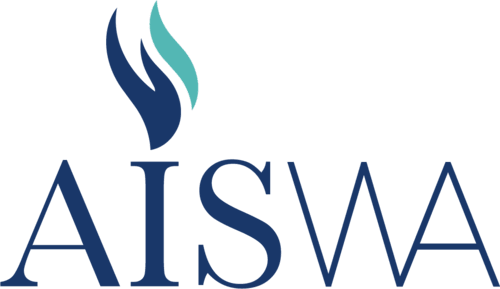Challenges and silver linings of Covid19: Language teachers’ reflections
The Covid-19 pandemic has been the greatest disruptor to education in our lifetime. Some see this as a circuit breaker to complacency and out-dated ways of teaching; a time for new beginnings and opportunities. No-one could argue that teachers have been forced out of their comfort zones to try new tools, strategies and approaches without being able to see the light at the end of the tunnel.
“It has been a real challenge... We used the two weeks before the school holidays to plan for online learning. It was a mad rush. When we were finally getting used to it we were told to go back to face-to-face.” Arabic Teacher
Second/foreign language teachers have been working incredibly hard to continue learning in the home. Whether they have chosen to, or been told to, teachers have been busy creating iBooks, recording lessons in Powerpoint, producing Play School-like sessions to revise lessons, constructing comprehensive hard copy booklets, generating videos using iMovie, and constructing and curating wikis and class blogs.
AISWA recently held several online network meetings to hear from language teachers’ responses to the pandemic. A striking feature was how quick teachers chose to see the big picture, the positive side of the pandemic and the need to put students’ and parents’ well-being above all. Teachers reflected critically on what ‘seemed like a good idea at the time’ despite the massive workload.
“We’ve come back to face-to-face learning now. I had developed some lessons using Powerpoint with my voice over the top. Most kids are back now so it has become another learning tool for them at home. So, my work wasn’t for nothing” Indonesian Teacher.
What has worked?
Through our meetings we found that a broad range of learning management systems (LMS) have been used by language teachers across diverse contexts: SEQTA, Teams, Seesaw, Google Classroom, OneNote, and Moodle. The Covid-19 crisis has provided an opportunity to get to know these systems better and many teachers praised their school IT staff for providing support during difficult times.
Deeper engagement in these LMSs has been one positive outcome and language teachers are loving particular tools and features such as Streams and Assignments (Teams), Class Notebook (OneNote), Poll Button (SEQTA), Google Meet and Breakout Rooms for small group collaborative learning (Google Classroom), just to name a few. Use of the class blogs or wikis has maintained linking their programs with other learning areas and finding synergies across the curriculum.
Collectively, language teachers repeatedly cited the following information and communication technologies as great tools for language learning:
| Quizlet Live | ||
|
Vizia |
Common to all contexts was the ‘steep learning curve’ around IT. Teachers have been accessing a wide range of professional learning (PL) opportunities that ‘popped up’ quickly and at a time of need. Many events have been provided by sectors and professional associations. Such PLs tend to be short, sharp and succinct, and are a sign of where education upskilling is heading in the future.
A space where more online learning will be taking place at AISWA is through the newly formed AISWA Languages Team. Recordings of these online PLs and any documents/files shared will remain in this online space. If you would to become a member, please contact the AISWA Languages Consultant, Kate Reitzenstein. Note: you must be working in an AISWA-member school to join.
Thank you to Natalie Pearce (Lake Joondalup Baptist College), Heidi Crawford (John Wollaston Anglican Community School) and Mariel Howard (Swan Christian College) for already sharing resources and samples in this space.
Summary of findings in Early Childhood contexts

